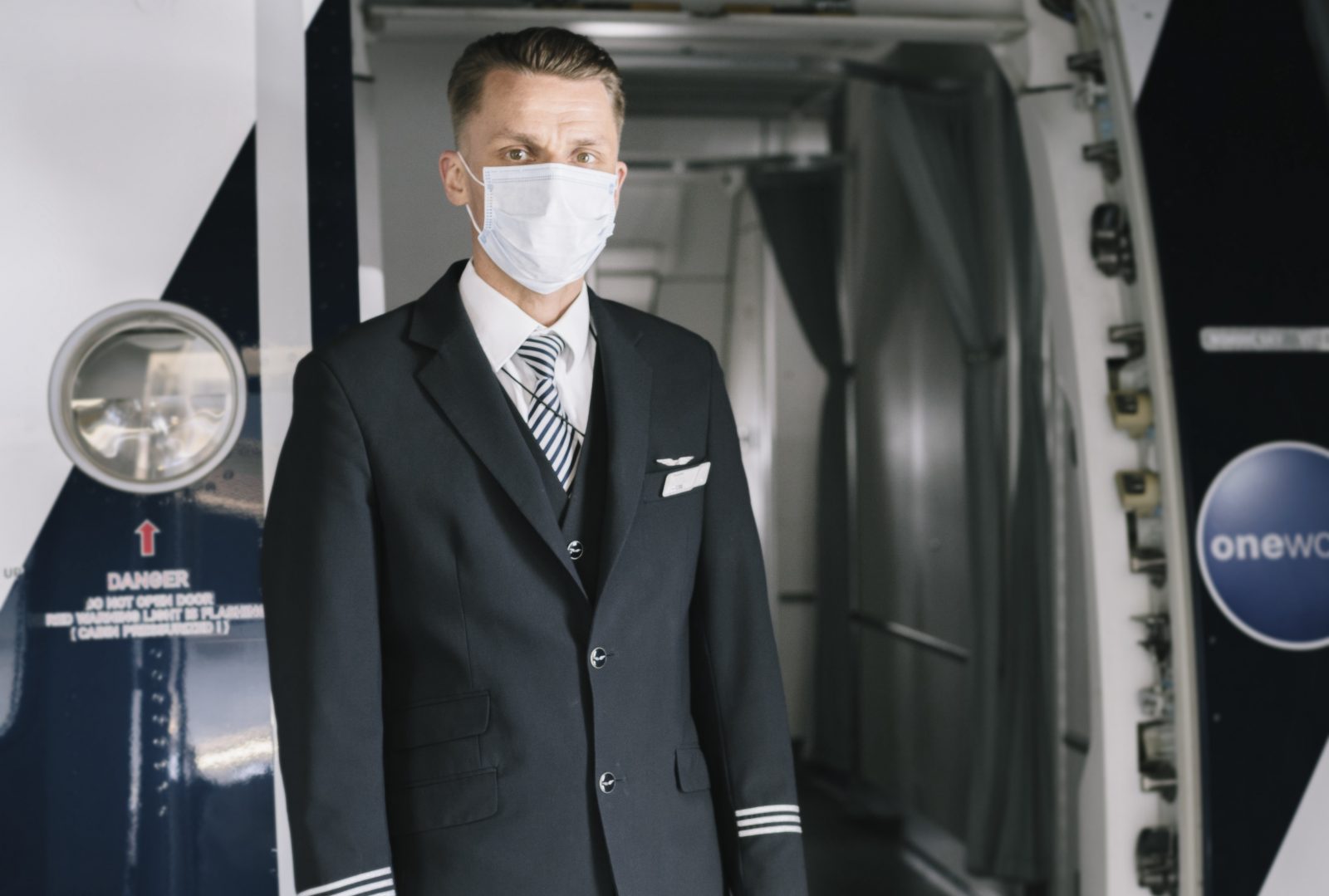
Finland will lift its existing travel bans on the United Kingdom, Ireland and South Africa despite new variants of the COVID-19 virus that might be much more transmissible, more deadly and potentially resistant to existing vaccines. The travel bans are set to be lifted beginning January 25 following advice from Finland’s National Institute for Health and Welfare, known locally as THL.
In a statement, THL said a completer travel ban was no longer required because airports now had sufficient resources in place to prevent the importation of new virus variants from high-risk locations.
“The disruption of passenger traffic is not a restrictive measure, but an emergency measure that was introduced to prepare for the fight against virus modification at airports,” explained Mika Salminen, THL’s director. “It has now been assessed that the measures are sufficient and passengers from the countries in question can be directed to tests and quarantine,” Salminen continued.
So far, Finnish health authorities have found the new UK and South African in 86 people – the majority of whom had arrived from abroad or in family members of travellers.
British scientists believe the UK variant could be up to 70 per cent more transmissible than previous Coronavirus variants and on Friday, Prime Minister Boris Johnson warned there was “some evidence” that the variant could be nearly a third more deadly.
The South African variant has mutated even more than the British strain and some experts fear it could be resistant to existing vaccines.
The emergence of deadly fast-spreading variants prompted governments around the world to impose emergency travel bans and new pre-flight testing rules to prevent importation of mutant strains. Even the UK has banned flights from South Africa. and much of South America while further research is carried out.
THL, however, believes pre-flight testing and quarantine are sufficient measures to protect Finland. The Finnish transport agency Traficom said passengers arriving from the UK, Ireland or South Africa must have a COVID-19 test within 72 hours of departure.
On arrival in Finland, they must then have a health assessment and go into mandatory quarantine for two weeks. The self-isolation period can, however, be reduced by taking a second negative test from 72-hours after arrival. Health officials will accept wither a PCR test or rapid antigen test but the certificate must be in English.
Passengers may present proof of recent recovery from COVID-19 infection (within six months of departure) instead of taking a test but proof of vaccination is not yet accepted because it’s not known whether vaccines prevent transmission.
Jaakko Schildt, Finnair’s chief operating officer welcomed the news but said existing arrival protocols would remain in place, including the need to take a COVID-19 on arrival. In effect, passengers may soon need to take three tests within six days.
Mateusz Maszczynski honed his skills as an international flight attendant at the most prominent airline in the Middle East and has been flying ever since... most recently for a well known European airline. Matt is passionate about the aviation industry and has become an expert in passenger experience and human-centric stories. Always keeping an ear close to the ground, Matt's industry insights, analysis and news coverage is frequently relied upon by some of the biggest names in journalism.







